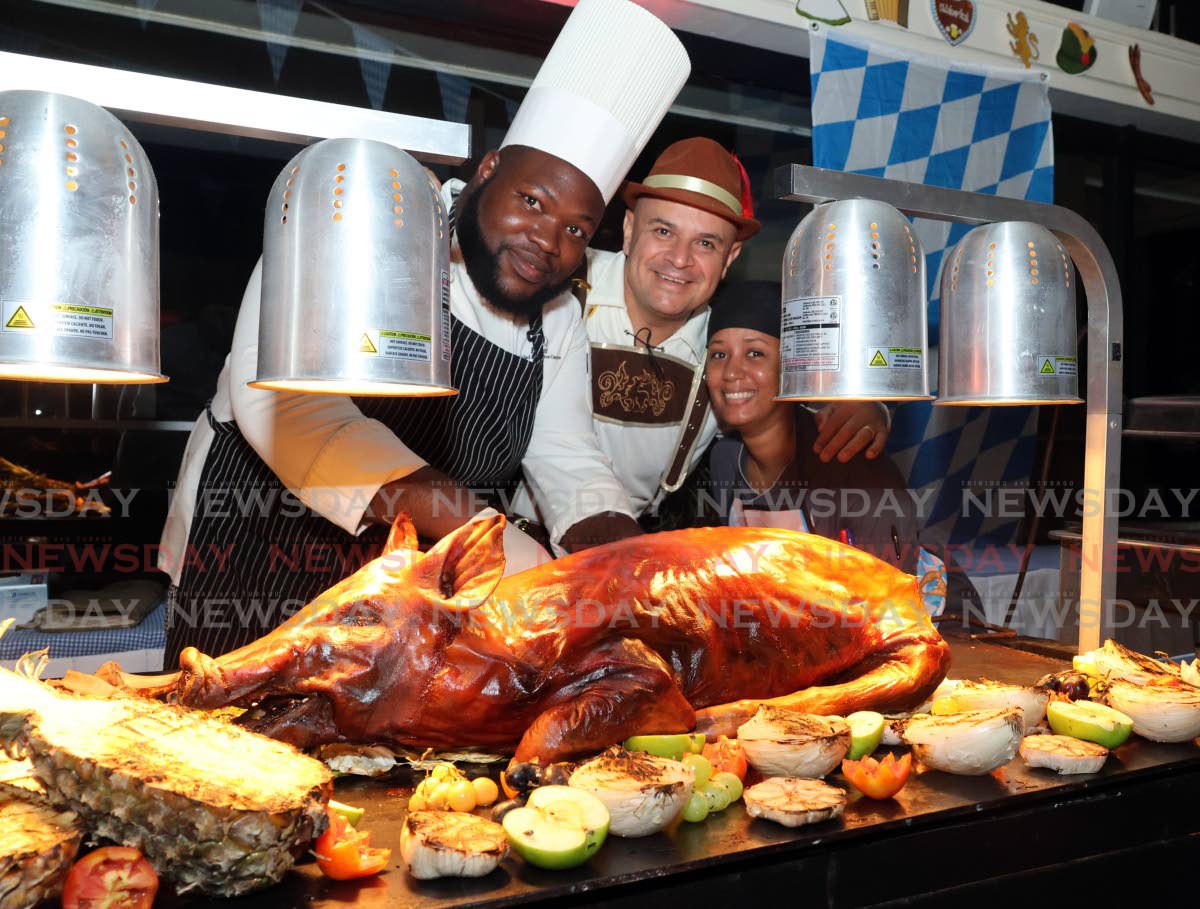The dining landscape in Trinidad is undergoing significant shifts as economic pressures force consumers to rethink their spending habits. A recent investigation by Newsday reveals that many residents are opting for cost-effective and convenient meal options, with some even skipping lunch altogether to save money. One woman shared that she primarily eats breakfast and dinner, often resorting to inexpensive, filling meals like packaged ramen or pasta due to exhaustion after work. She noted that cooking at home has become equally expensive, with grocery bills quickly adding up, leaving her in a ‘no-win situation.’
Another individual highlighted the challenge of balancing affordability and taste, often choosing street food like doubles, pies, or pholourie when on a tight budget. For larger meals, he seeks out restaurants offering generous portions of curry, KFC, or creole cuisine. Similarly, a working woman explained that she brings homemade lunches to work to save money and avoid the limited variety at nearby eateries, occasionally indulging in creole food or junk food for variety.
Food writer Franka Philip attributes these changes to a combination of rising food prices, job losses, and consumer fatigue with repetitive options. She noted that food courts and malls have been particularly affected, with many stalls closing or changing hands. However, food hubs like Woodbrook Yard and Food Square remain popular, especially on weekends, though business has not fully recovered to pre-pandemic levels. Philip also pointed out that established restaurants with consistent quality continue to attract loyal customers, particularly for Sunday lunches after church.
Street food remains a cornerstone of Trinidadian culture, with locations like the Food Strip in Queen’s Park Savannah and Eddie Hart Grounds in Tacarigua bustling on weekends. Shira Mohammed, founder of Restaurant Week TT, observed a post-pandemic shift from fine dining to casual, family-style restaurants and sports bars. She emphasized the enduring appeal of street food, which offers affordability, variety, and a taste of local culture. Mohammed also noted the growing reliance on food delivery services, which, despite their cost, have become a staple for many consumers.
Overall, the food industry in Trinidad is navigating a complex landscape, with economic challenges reshaping consumer behavior and forcing businesses to adapt to new realities.
